Most of my 'browns' are paper - problem?
tomatotomata
12 years ago
Related Stories
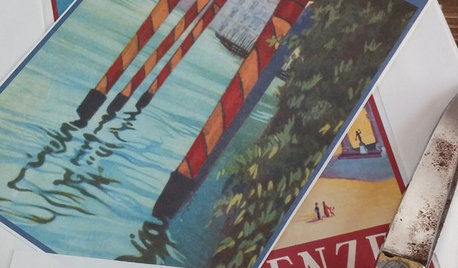
BUDGET DECORATINGBudget Decorator: A Most Affordable Gallery Wall
Need to fill a wall on the cheap? See how to make use of something pretty cool you may already have
Full Story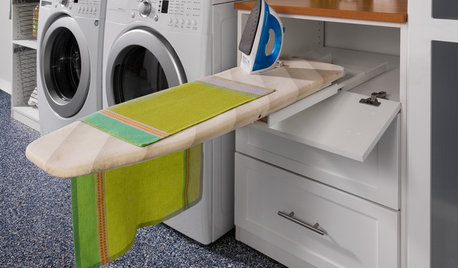
LAUNDRY ROOMS8 Ways to Make the Most of Your Laundry Room
These super-practical laundry room additions can help lighten your load
Full Story
BATHROOM DESIGNKey Measurements to Make the Most of Your Bathroom
Fit everything comfortably in a small or medium-size bath by knowing standard dimensions for fixtures and clearances
Full Story
KITCHEN DESIGNThe 20 Most Popular Kitchens on Houzz
See the cool features that made these kitchens stand out from all the rest
Full Story
MOST POPULARThe 20 Most Popular Bathrooms of 2015
Get a handle on bathroom trends with a look at readers’ favorites this year
Full Story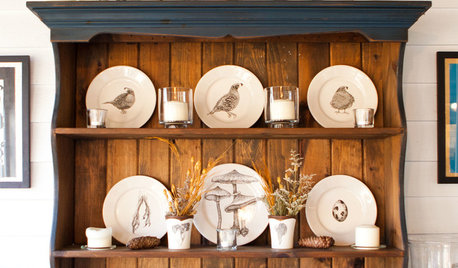
KITCHEN STORAGESmart Storage: Make the Most of Your Hutch
End the “Where are those ... ?” conundrum by storing seasonal and everyday items in a well-organized hutch
Full Story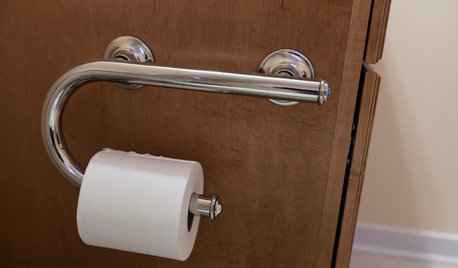
LIFEThe Absolute Right Way to Hang Toilet Paper. Maybe
Find out whether over or under is ahead in our poll and see some unusual roll hangers, shelves and nooks
Full Story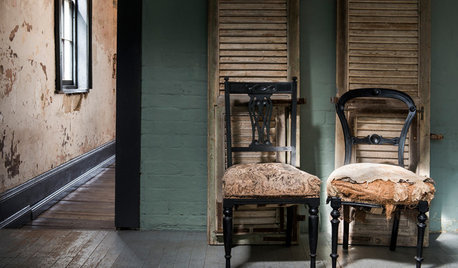
REMODELING GUIDESThe Hidden Problems in Old Houses
Before snatching up an old home, get to know what you’re in for by understanding the potential horrors that lurk below the surface
Full Story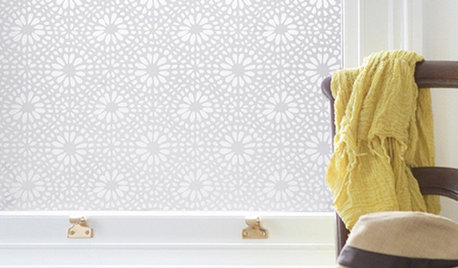
DECORATING GUIDESSolve Privacy Problems With Window Film
Let the light in and keep prying eyes out with an inexpensive and decorative window film you can apply yourself
Full Story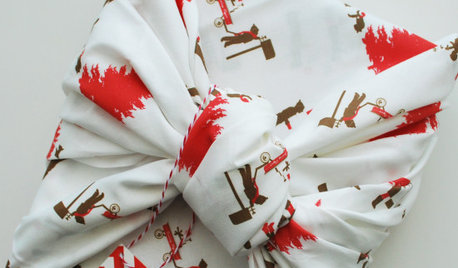
CHRISTMAS10 Quick Solutions for Last-Minute Holiday Problems
Sail right by potential decorating, hosting and gift-giving pitfalls with these invaluable nick-of-time tricks
Full StoryMore Discussions






Laurel Zito
jonhughes
Related Professionals
Rossville Landscape Architects & Landscape Designers · Taylorsville Landscape Architects & Landscape Designers · Vernon Hills Landscape Architects & Landscape Designers · White Oak Landscape Architects & Landscape Designers · Aurora Landscape Contractors · Annandale Landscape Contractors · Beverly Hills Landscape Contractors · Brookfield Landscape Contractors · Coram Landscape Contractors · Thonotosassa Landscape Contractors · Wickliffe Landscape Contractors · Boise Decks, Patios & Outdoor Enclosures · Huber Heights Decks, Patios & Outdoor Enclosures · Randallstown Decks, Patios & Outdoor Enclosures · Sugar Land Decks, Patios & Outdoor EnclosurestomatotomataOriginal Author
ralleia
Kimmsr
allen456
Lloyd
jonhughes
bi11me
Laurel Zito
toxcrusadr
Lloyd
tomatotomataOriginal Author
joepyeweed
Laurel Zito
bi11me
Lloyd
joepyeweed
toxcrusadr
tishtoshnm Zone 6/NM
Laurel Zito
joepyeweed
Laurel Zito
allen456
Laurel Zito
toxcrusadr
Laurel Zito
Laurel Zito
toxcrusadr
Laurel Zito
Laurel Zito
joepyeweed
toxcrusadr
Laurel Zito
joepyeweed
4hleader
rockyonekc
blazeaglory
rott
rockyonekc
toxcrusadr